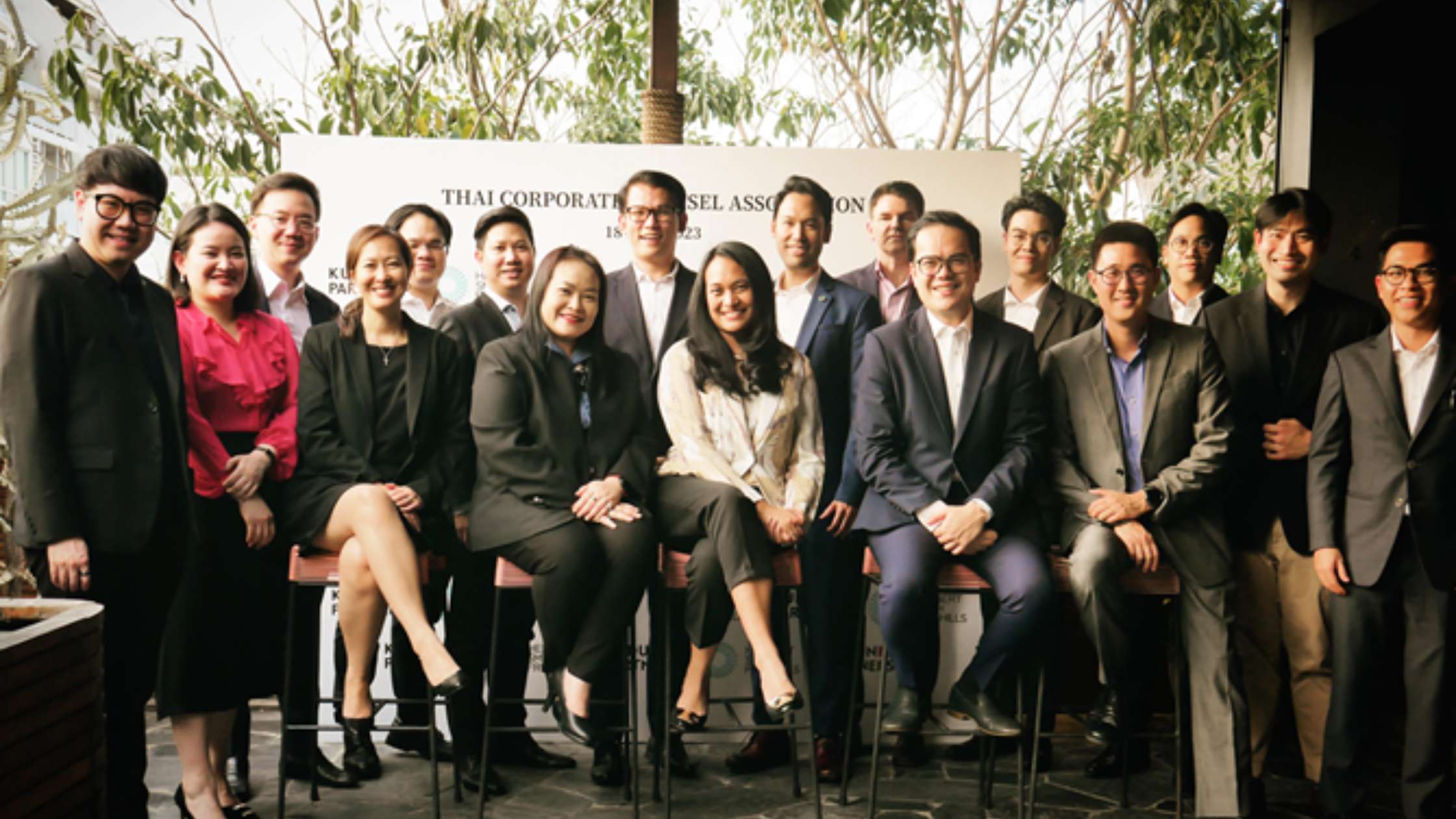June 20, 2023
Taiwan Revises Enforcement Rules of the Patent Act The revisions to the Enforcement Rules of the Patent Act went into effect on May 1, 2023. A summary of the key points are as follows: To determine whether any amendments are made in divisional applications, the Taiwan Intellectual Property Office shall carefully review whether their subject matter has extended beyond the content of the earlier application as filed. Applicants are required to attach a marked document indicating differences or changes in the application, with added parts underlined and deleted ones struck through, along with a relevant explanation of any and all alterations made, thus improving efficiency in the examination of divisional applications. In accordance with Article 27 of the Patent Act, if a biological material has been deposited in a depository designated by a foreign country in its territory with which Taiwan recognizes the effects of deposits based on reciprocity, and the certificate of deposit issued by said foreign depository is submitted within the time period prescribed, the applicant is exempted from the requirement of making a deposit in Taiwan. Presently, foreign depository institutions that have been reciprocally recognized by Taiwan are international depositary authorities under Article 7 of the Budapest Treaty. These authorities shall issue documents that include certificates of deposit and viability statements, a practice that Taiwan also adopts. In order to promote mutual recognition of biological material deposits between Taiwan and other countries, documents issued by depositories without the status of an international depository authority must include a viability statement. Taiwan Legislative Yuan Approves Draft Revision of Trademark Act The Economics Committee of the Legislative Yuan reviewed... June 13, 2023
Thailand’s legal community takes a significant step forward with the establishment of the THAI Corporate Counsel Association (THAI-CCA). The THAI-CCA was founded on 23 February 2023, and will be officially launched on 22 June 2023, with the vision of advancing legal innovation, best practices, and career opportunities for in-house lawyers in Thailand. The THAI-CCA plans to achieve its mission through educational programs, networking opportunities, and community initiatives. As the role of corporate counsel evolves, the THAI-CCA aspires to be a “community of solvers” where members work together innovatively to address critical problems and challenges faced by businesses and society. By offering educational seminars, thought leadership events, and professional development programs, the THAI-CCA aims to upskill and empower its members. These programs will provide valuable insights, foster thought leadership, and support professional growth. THAI-CCA will collaborate with law firms, knowledge partners, and law schools in Thailand to offer seminars, soft-skill training sessions, and an annual law conference for in-house lawyers, and establish connections with a broader network of in-house lawyers from across the ASEAN region. The THAI-CCA has secured the support and sponsorship of leading law firms, including Chandler MHM, Herbert Smith Freehills, Kudun & Partners, and Tilleke & Gibbins. The association has also received warm welcomes from regional corporate counsel alliances such as the Singapore Corporate Counsel Association (SCCA) and the Association of Corporate Counsel (ACC). In-house lawyers based in Thailand are invited to register for THAI-CCA membership to gain full access to member-exclusive activities. The THAI-CCA does not currently collect membership fees and expects to operate as an incorporated professional organisation by... June 5, 2023
Luthra and Luthra Law Offices India, a leading full-service law firm in the country, is mourning the loss of their Managing Partner and Founder, Mr Rajiv K Luthra. Born on 1 August 1957 in Delhi, Mr Luthra embarked on his legal journey by obtaining his law degree from Delhi University. In 1990, he established Luthra and Luthra Law Offices, which has since grown to a talented team of over 300 lawyers, including 70 partners. Renowned for his expertise in corporate and project finance, his achievements include being recognised as an Eminent Practitioner by Chambers & Partners Global in 2023. Asia Law Leading Lawyers identified him as one of the most highly acclaimed legal experts in the Asia-Pacific region in the field of Capital Markets & Corporate Finance. Furthermore, his exceptional leadership abilities garnered him accolades such as being named one of the ‘Top Managing Partners’ by Forbes India Legal Powerlist and receiving the Managing Partner of the Year award at both the LegalEra India Awards and ALB India Law Awards in 2020. Luthra and Luthra eloquently captured the enduring legacy left behind by their beloved leader. The firm notes that “he was one of the greatest visionaries who not only established one of the best law firms in India but also inspired and encouraged an entire generation of young lawyers to spread their wings and fly higher”. Beyond the firm he lead, his loss has been felt widely across the legal community. Mohit Saraf, Founder and Managing Partner of Saraf and Partners shared “I am deeply saddened by the untimely demise of Mr Rajiv Luthra, a renowned figure in the... May 22, 2023
TIPO Issues Draft Amendments to Regulations Governing the Determination of Patent Term Extension Draft amendments have been made to Articles 4 and 10 of the Regulations Governing the Determination of Patent Term Extension, the Taiwan Intellectual Property Office (TIPO) announced recently. Firstly, the amendment to Article 4, Paragraph 2 states that the specific patent agency may rely on documents that indicate the period of domestic and/or foreign clinical trials conducted for obtaining a marketing approval of a drug from the central competent authority in charge of the business as criteria for determining the extension of the patent term. The Specific Patent Agency does not need to send the documents to the central competent authority for confirmation. Another part of Article 4 states that during examination for marketing approval, the central competent authority in charge of the business shall confirm documents that indicate the period of domestic and/or foreign clinical trials and a data sheet for data exclusivity and domestic and/or foreign clinical trials submitted by an applicant. If there is any difference between the results confirmed by the central competent authority and the data sheet submitted by the applicant, the difference shall be corrected on the data sheet and approved by the central competent authority. Since the central competent authority has confirmed the period of domestic and/or foreign clinical trials conducted for obtaining a marketing approval, the specific patent agency can determine and calculate the period of domestic and/or foreign clinical trials based on the data sheet confirmed by the central competent authority. Hence the proviso ‘sent by the specific patent agency’ in the current regulation is deleted. This... May 9, 2023
DENNY RAHMANSYAH AND AGUNG KURNIAWAN SIHOMBING After almost a decade of discussion, Indonesia finally passed its personal data protection law in September 2022. Law No. 27 of 2022 dated 17 October 2022, regarding Personal Data Protection (PDP Law) becomes Indonesia’s umbrella regulation for personal data protection, both in electronic and non-electronic form. The PDP Law also applies extraterritorially to any personal data processing that has an impact in Indonesia and/or affects Indonesian citizens outside of Indonesia’s jurisdiction. Consisting of 16 chapters and 76 articles, the PDP Law regulates the main principles of personal data protection, the rights of personal data subjects, and the obligations of Personal Data Controllers (Data Controller) and Personal Data Processors (Data Processor). It also regulates sanctions (administrative and criminal) for violations of the law. Despite being a comprehensive regulation, most of the provisions of the PDP Law require implementing regulations to be fully implemented. The PDP Law provides a two-year transitional period, beginning 17 October 2022, for Data Controllers, Data Processors, and other parties involved in data processing activities to adjust their data processing practices to the requirements under the PDP Law. One of the provisions in the new law that lacks clarity concerns cross-border data transfers, an issue of great importance in the digital age. Noting the lack of clarity in the PDP Law, this article will provide a brief overview of the current practice applicable under MOCI Reg. 20/2016 and offer a comparison with the General Data Protection Regulation (GDPR) of the European Union (EU), which was referred to heavily during the drafting of the PDP Law. Personal Data Under The PDP Law... May 9, 2023
Opportunities and Challenges Ahead As technology continues to advance, the legal industry remains no exception to its effects. Law firms are now turning to artificial intelligence (AI) to assist with tasks such as contract drafting, legal research, and even predicting case outcomes. While the use of AI in the legal field is still relatively new, it has already shown promising results in increasing efficiency and reducing costs. However, as with any new technology, there are also concerns about the potential risks and drawbacks. Interestingly, this introductory paragraph (along with its cautious acknowledgement of AI risks) was not written by me at all, but by ChatGPT – itself an AI chatbot tool developed by OpenAI and launched in late 2022. Its release, together with other natural language processing models like Google Bard and Bing AI, have dominated headlines by making generative AI widely accessible with exciting opportunities for application in fields such as law. The use of AI in the legal profession is, of course, not new. For instance, it is reported that Shearman & Sterling have used a wide variety of AI tools, including Kira for due diligence, while White & Case is reported to use tools such as Brainspace and Relativity to assist with document review for discovery. However, this new wave of innovative AI platforms represents a potentially steep upgrade on previous tools with widescale adoption predicted. Indeed, hot on the heels of the ChatGPT release came Allen & Overy’s announcement in February 2023 of its global integration of “Harvey” – an AI platform founded by a team of former lawyers, entrepreneurs and engineers and built on... Upcoming Events
Recent Past Events















